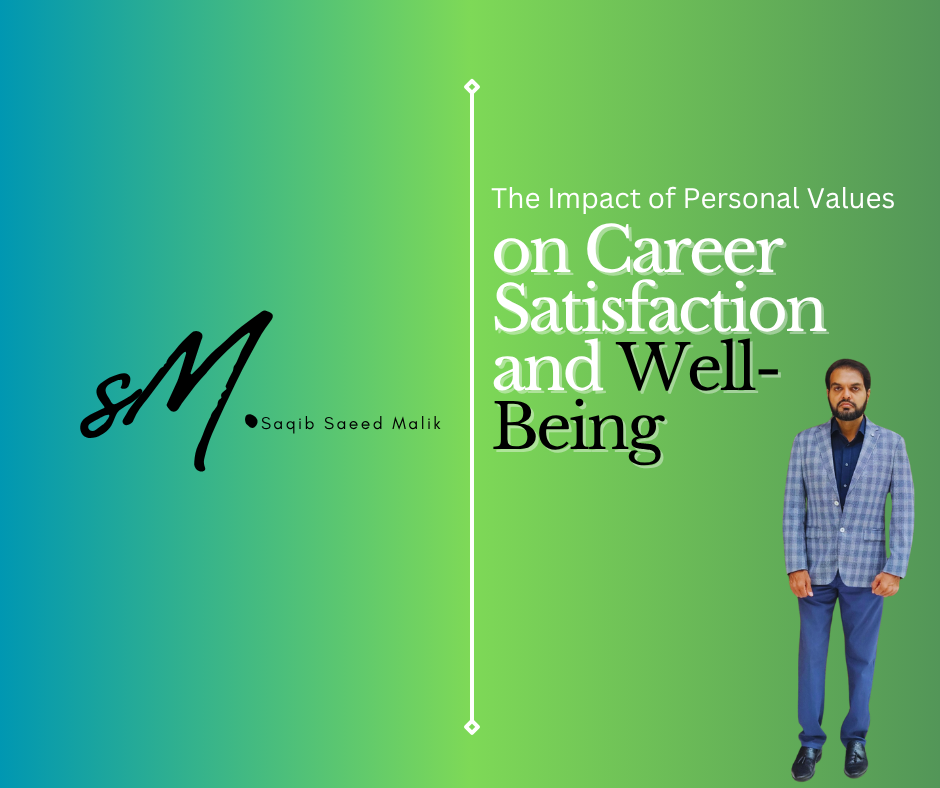Career satisfaction and well-being are often seen as the ultimate goals of professional success. However, achieving these goals requires more than just professional achievements and financial rewards. Personal values—those deeply held beliefs and principles that guide your decisions—play a critical role in determining your overall satisfaction and well-being in your career. In this blog, we will explore how personal values influence career satisfaction and well-being and why they are essential for long-term success.
Defining Career Satisfaction and Well-Being
Career satisfaction refers to the sense of fulfillment and contentment that comes from your work. It is influenced by various factors, including job responsibilities, work environment, relationships with colleagues, and opportunities for growth. Well-being, on the other hand, encompasses not only physical health but also emotional, mental, and social well-being. It is about feeling balanced, energized, and positive in both your personal and professional life.
The Role of Personal Values in Career Satisfaction
Personal values are the foundation of career satisfaction. When your career aligns with your values, you are more likely to feel motivated, engaged, and fulfilled in your work. For example, if you value creativity, working in a role that allows you to innovate and express your ideas will contribute to your satisfaction. On the other hand, if your work contradicts your values, it can lead to frustration, dissatisfaction, and even burnout.
Enhancing Well-Being Through Values-Driven Choices
Well-being is closely linked to the choices you make in your career, and these choices are often guided by your personal values. For instance, if you value work-life balance, you may choose to set boundaries, prioritize self-care, and seek out flexible work arrangements. If you value meaningful work, you may pursue opportunities that allow you to make a positive impact on others. These values-driven choices enhance your well-being by ensuring that your career supports your overall quality of life.
The Long-Term Benefits of Values-Driven Career Satisfaction
Achieving career satisfaction and well-being through values-driven choices has significant long-term benefits. It not only contributes to your overall happiness and fulfillment but also enhances your performance, productivity, and career success. When you feel satisfied and well in your work, you are more likely to stay committed, take on new challenges, and achieve your professional goals.
Practical Steps to Align Career with Personal Values
To enhance your career satisfaction and well-being, it is essential to take practical steps to align your career with your personal values. Start by identifying your core values and reflecting on how they align with your current job. If there is a misalignment, consider making changes—whether it is seeking out new opportunities, adjusting your work responsibilities, or setting boundaries—that bring your career in line with your values. This ongoing alignment will help you achieve long-term career satisfaction and well-being.
rowth and success over the years. Our values have become a part of our identity, guiding us in everything we do. This consistency has not only helped us maintain strong team collaboration but also enabled us to attract and retain top talent who share our values.
Moreover, the long-term benefits of shared values extend to customer relationships. When a company consistently operates in line with its values, it builds trust and loyalty with its customers. This, in turn, leads to repeat business and long-term success.
Key Takeaway: Shared values have long-term benefits that go beyond immediate collaboration and productivity gains. They help to sustain a team’s success over time by creating a positive, values-driven culture that attracts and retains top talent and builds strong customer relationships.

